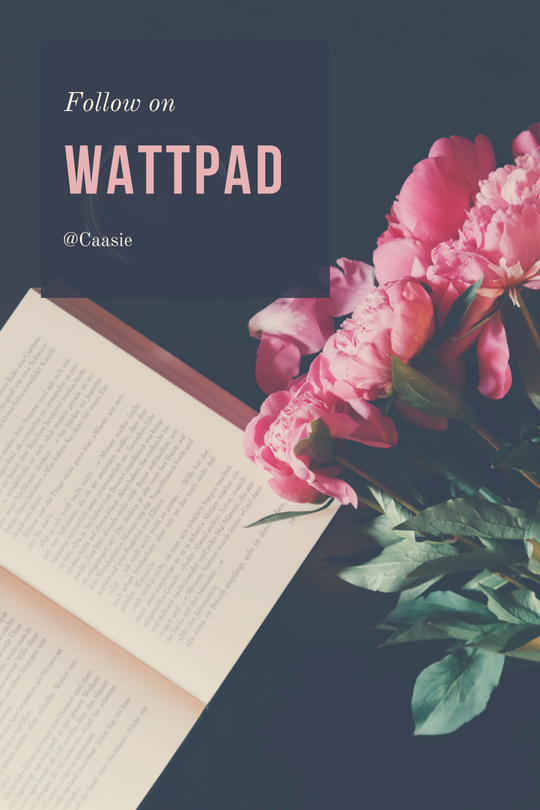During my last semester of university, while workshopping short stories for a creative writing class, a peer asked for advice about writing outside of her personal experiences. The work she wrote, she had mentioned, featured the people and events in her life. She wanted to change that.
Our professor, an author and portrait photographer, had asked why she wanted to veer away from her experiences. She had answered, to write like established authors and her peers. To tell tales unrelated to our own life experiences.
I remember putting my pen down and looking at the young woman sitting one person over, confused. I had read her short story the night before and thought she had the makings for a heart-wrenching story. Writing is about experiences, I wanted to say. “Write what you know.” Isn’t that the saying?
Our professor had leaned forward in his chair, hands clasped over the hard copies of submitted work, and explained: It’s a common misconception amongst young writers that they need to write the stories out there in the world. He shook his head and then looked at us all before explaining how the best stories are a lot closer to home than we realise.
It made me wonder; aren’t most stories based on some form of personal experience no matter how outlandish or fantastical they may be?
I’m not referring to memoirs and personal essays. They’re the epitome of personal experience. Rather, I’m referring to genres like literary fiction, fantasy, and thrillers. When we write these narratives, doesn’t some part of ourselves work its way into them? Is the young journalist who writes ghost stories not writing about his summers in the maritime as a boy?
Personal experiences give our writing the depths it needs to reach our readers.
As a teenager, I had figured out that if I wanted to write fiction, then I would need to experience things myself. It’s why, at sixteen, I joined a kickboxing class. The protagonist of the novel I was working on lived the life of a street fighter, and I knew nothing about fighting. It was important to me to understand how to throw a fist and have the air knocked out of me.
It sounds silly, almost unimportant, but think about it. How often does a violent scene seem overly dramatic and focussed on the wrong senses? If a character was stabbed several times, wouldn’t it make sense for them to fumble in their thoughts and not describe the pain in a multitude of similes?
Is it necessary for your writing to know how to fight?
No, of course not.
Can it help?
Yes, and either way, it sure is fun expelling all that teenage angst on a six-foot boar of a UFC fighter.
But even if you don’t learn how to fight or wield a sword—I wouldn’t recommend learning everything for a story—your experiences will turn up in your writing. “Okay, Caasie, but I write fantasy.” Well, so do I, and Tolkien, and Le Guin, and a long list of other writers. Just because the worlds we create are unlike ours doesn’t mean parts of our experiences haven’t worked their way into the story.
Tolkien spun his time serving in World War I into the beloved tales of Middle-Earth.
It’s not limited to fantasy or big events. An international student, who moved to Montreal for university, wrote about caricatures from her childhood. To us, her work seemed unrelated to her life. But her writing was rich in details only she knew. Invoking the languid, hot Texan days and local idioms she had felt or heard firsthand.
Writing personal experiences in our narratives comes naturally.
So, if all stories have some part of the author’s life woven into them, whether it’s intentional, then why do young writers assume they don’t?
It boils down to this simple fact: as writers, we’re also readers.
When you pursue an education in literature and develop critical reading skills for essay writing, you learn to never associate what happens in the book to be autobiographical. And as readers, we become consumed in the lives of the characters in these stories, abandoning the author who wrote them.
We’re taught to read the book as separate from the author. To always distinguish the characters and narrators from the author. And when reading or writing essays, this is a valid and crucial framework. But when you’re the one with the pen, it’s important to know that stories come from the heart.
After his mini-lecture about youths believing they’re not interesting enough to write about, our professor shared some titbits of wisdom. So here’s me passing that wisdom to you.
- If you’re worried readers will recognise the people, places, and events in your life and associate them as autobiographical, change them. It’s common practice to change names to protect the privacy of others.
- When you’re writing about an event that happened, avoid writing it as fact. Instead, fabricate and dramatise the event to benefit the narrative. The funeral you attended the weekend before doesn’t need to play out exactly as it did.
- And if you see too much of yourself in the character or narrator of your story, distance yourself. Swap the ‘I’ narrator for the second or third person. Create a character so unlike you and put them through the struggles you’ve witnessed.
Personal experiences give our writing the depths it needs to reach our readers. It’s how writers connect with readers over heartbreak, feeling unheard, and feeling alone. It humanises the fiction, and the fiction separates the writer from the story. I hope my peer embraced what our professor shared with us because her stories need to be told.
And I look forward to reading them one day.







